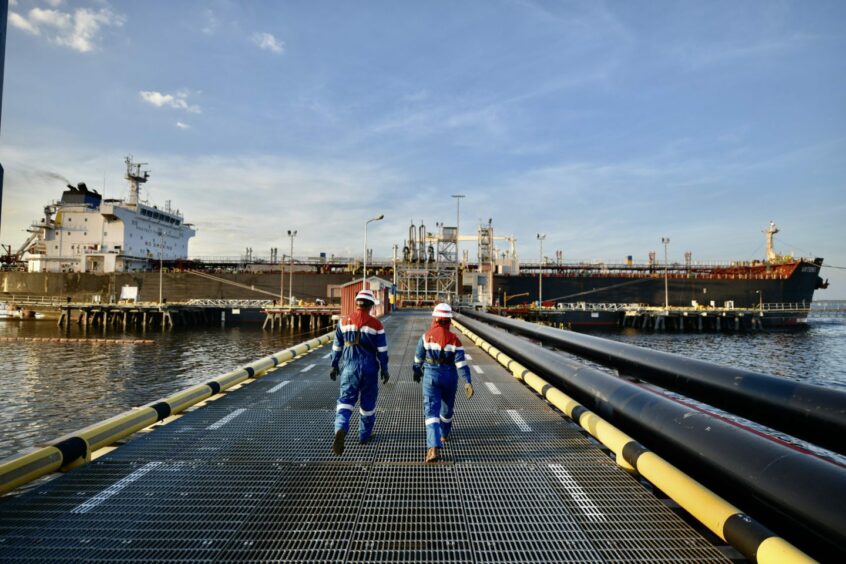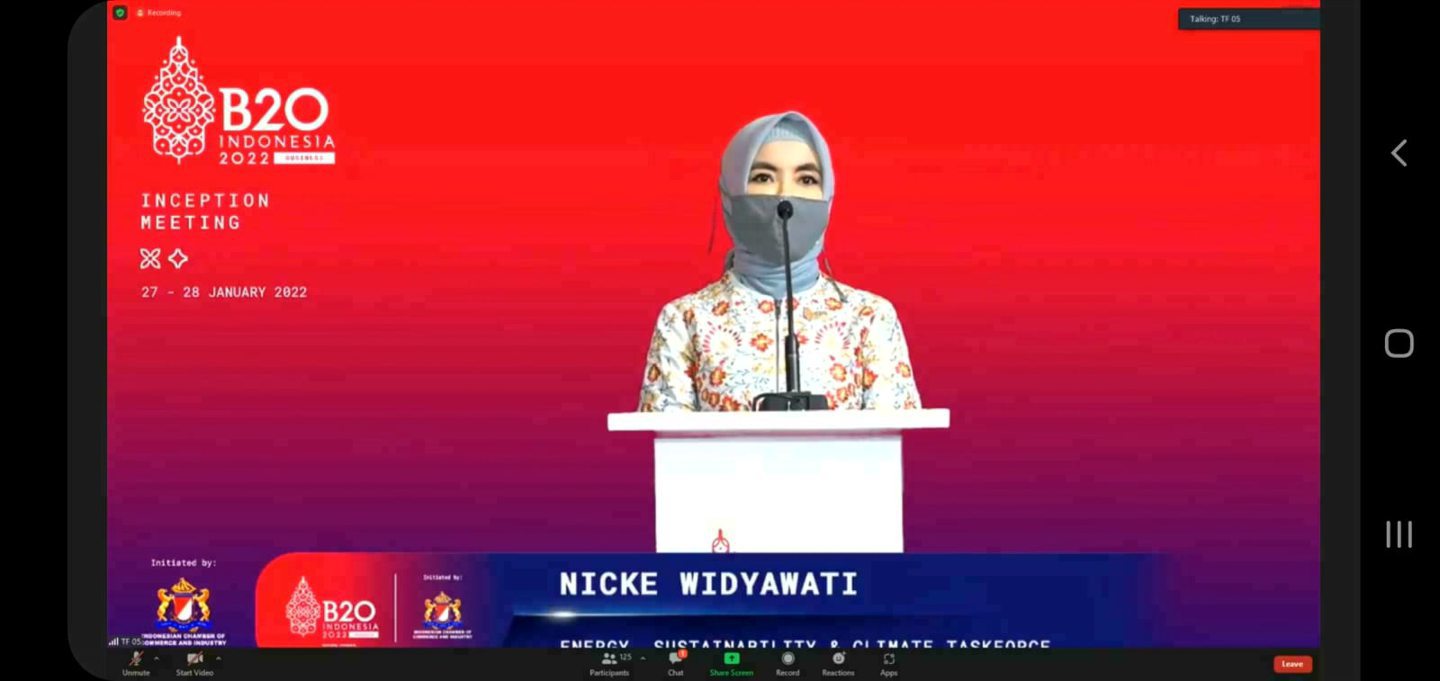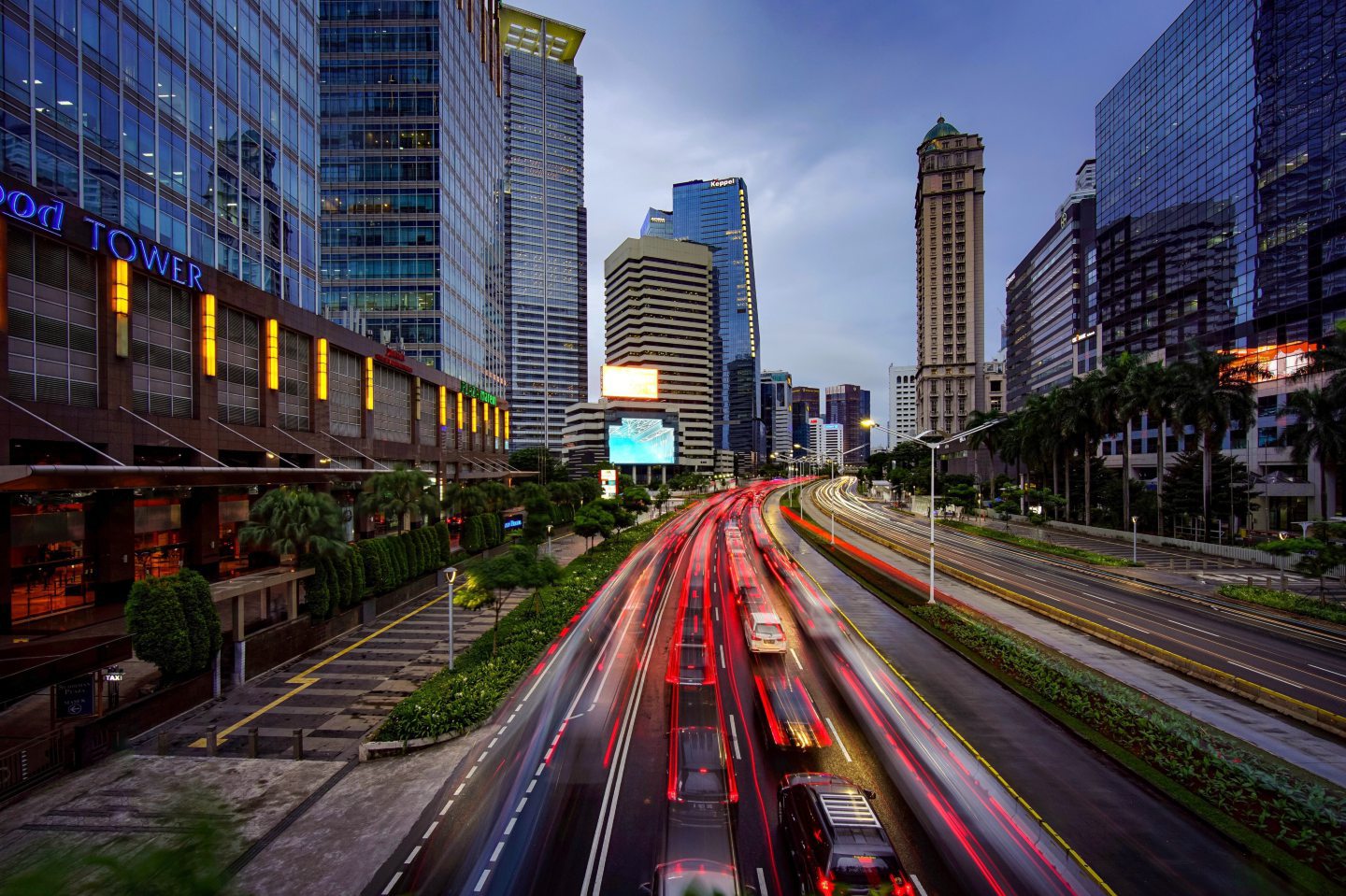
Studies suggest that many people in Asia see diversity, equality, and inclusion (DEI), as a Western concept, shaped by Western experiences and Western values, according to PwC.
There is also a view that the focus on “individuals” and “differences” inherent in diversity is at odds with Asian cultural and social values, noted the international accounting firm. However, that said, inclusion does play to Asian values of “group belonging” in some markets, where the value of meritocracy is widely appreciated.
Indeed, DEI looks different in Asia and it not necessarily behind the West. Crucially, it often has a more subtle localised form, particularly in Southeast Asia, where a one-size-fits-all approach does not work in such a multi-cultural region.
Moreover, “Asia has a long history of learning how to live with diversity and integrate different communities. It doesn’t mean it’s always been smooth, but I don’t think it’s fair to underestimate cultural values,” noted Sophie Guerin, head of DEI at Johnson & Johnson in APAC.
“The West has a lot to learn from Asia when it comes to diversity and inclusion,” she said. “It just looks different here.”
Still, there has been a “growing awareness of a formalised corporate approach” to DEI in companies based in Asia, including from local firms. This is likely due to years of effort and discussions on the topic since pre-pandemic days, coupled with the increasingly “louder” demands for inclusivity and equity from individuals at workplaces as well as public spaces like social media, she told human resources publication HDR.
“The West has a lot to learn from Asia when it comes to diversity and inclusion – It just looks different here.”
In the energy sector, Asian national oil companies (NOCs), such as Thailand’s PTT Exploration & Production (PTTEP), Malaysia’s Petronas, as well as Indonesia’s Pertamina, all provide data on gender and ethnicity breakdown of their employees in their yearly reports.
Moreover, women are often well represented in Southeast Asia’s oil and gas sector, perhaps more so than in the UK. Although it remains a male-dominated industry.
“Considering mainly Thailand, Malaysia, and Indonesia, I would argue that for women, they were and are far ahead of the UK. You see women everywhere in the offices of oil and gas companies. In fact, probably more than 50% are female staff. It’s a good starting point and this has been for decades,” a senior industry executive based in Thailand told Energy Voice.
Thailand, Malaysia and Indonesia ‘far ahead’ of UK on gender
“In terms of management, you will find women at the highest levels in Thailand and Indonesia, as well as to some degree in Malaysia. For Thailand and Malaysia, they are yet to have a woman CEO, but the mix has been higher than seen in the UK for the executives and boards,” added the executive.
Underscoring the trend, Karen Agustiawan is an Indonesian woman who served as the president director and CEO of Indonesia’s state oil and gas company Pertamina between 2009 and 2014. In 2011, Forbes named her first on its list of “Asia’s 50 Power Businesswomen”. Pertamina has also been led by Nicke Widyawati, an Indonesian businesswoman, since August 2018.
“Gender issues and such is not really a big thing like in the west. At least, I didn’t experience discrimination on equal opportunity, but I worked for multinational companies,” a female Indonesian geologist told Energy Voice.
Another oil and gas executive told Energy Voice that “women have often been the best employees and the senior ranks of our company in Indonesia have been dominated by women, as well as a mix of Christian and Muslim religions without any issues.” He added “my first move when transforming an Indonesian E&P player many years ago was to make sure it was a meritocracy and eliminate nepotism and the concept that age and years in a role gave seniority.”
Religious views
Several different religions are practiced in Indonesia, and their collective influence on the country’s political, economic, and cultural life is significant. Nearly nine-tenths of the Indonesian population professes Islam. There are, however, pockets of Christians scattered throughout the country, as well as Buddhists and Hindus, among other minorities.
Historically, within Indonesia’s resources sector there has been a trend to employ people from both Muslim and Christian groups to enable projects to continue running during major holidays of each religion when staff tended to return home to their families for two weeks or more. The employees tended to strongly support this approach, noted one industry executive.
However, in more remote districts of Indonesia community pressure exists to import geologists and professionals from mostly Java with the same dominant religion as the district. “Christian areas can complain of ‘Islamization’ and vice versa,” added the executive.
Elsewhere, there is also a significant number of women studying geophysics at university in Indonesia, observed one geologist. “I would say there are more women interested in geoscience because of the technology that allows women to be more flexible doing work in the office, such as modelling, interpretation etc, especially when they already have a family.”
Meanwhile, across Southeast Asia, the ratio of women working offshore in drilling or development engineering seems relatively low, likely driven by the lifestyle that goes with it, said the senior executive in Thailand. Although the universities encourage it, it’s not fully pragmatic, added the executive. Still, “you often find that men and women that do not come from the prestigious universities and technical colleges are more willing to do the grinding work of offshore and the challenging life.”
A long way to go on LGBT inclusion
In terms of LGBT, people from this group have been present in the offices in Thailand for decades, but the situation is less clear in Malaysia and Indonesia. “Across the region, there is no real impediment but, like most places, the board room and C-suite does not openly encourage this as far as I know. In Thailand, it also does not block this based on the culture and work practices, but it will not be as open,” added the Thai-based executive.
However, the laws relating to the LGBT group in Southeast Asia are generally harsher than in the West. Lesbian, gay, bisexual, and transgender (LGBT) people in Indonesia face legal challenges and prejudices not experienced by non-LGBT residents. Traditional mores disapprove of homosexuality and transitioning, which impacts public policy. There are similar issues in Malaysia, while Singapore only recently repealed a colonial-era law that criminalised gas sex between men. Singapore, home to many international energy companies, has also warned multinationals against openly supporting LGBT issues in a way that could cause societal division within the country as a new law against foreign interference was introduced in August.
Still, while there is a long way to go regarding the laws relating to the LGBT communities in Southeast Asia, “at the same time there is no direct issues (working in the energy sector) there as long as they keep it private,” noted the executive.
Elsewhere, “the energy transition is creating opportunities and opening the energy sector to more diverse and inclusive leadership. We find an increasing number of women are working in energy transition,” Kavita Jadhav, research director, APAC, at Wood Mackenzie, told Energy Voice.
“At our recent Energy and Natural Resources Summit: APAC in Singapore we broke new ground. Our opening panel was Women in Energy and Metals and Mining – building a just transition in Asia Pacific,” she said.
“It was a career first for me and the other panelists to be part of an all-female panel of energy leaders. Our intention was to shine a spotlight on this shift. The energy transition provides a golden opportunity for greater gender diversity,” she added.
The panel consisted of senior female leaders from banking, oil and gas, as well as metals and mining.
 © Supplied by Pertamina
© Supplied by Pertamina © Shutterstock
© Shutterstock